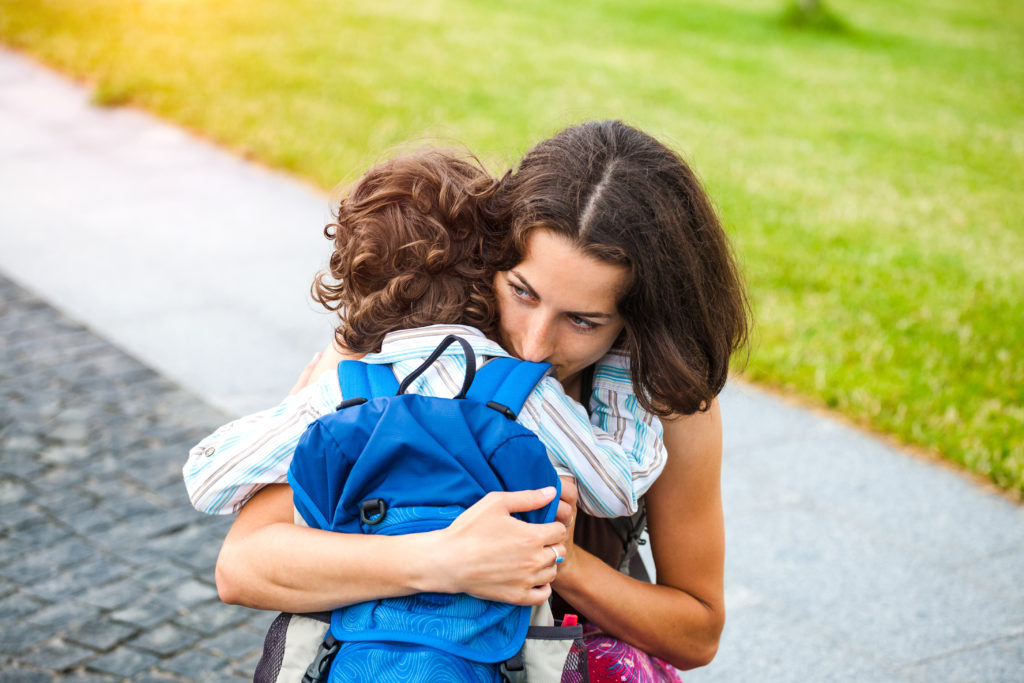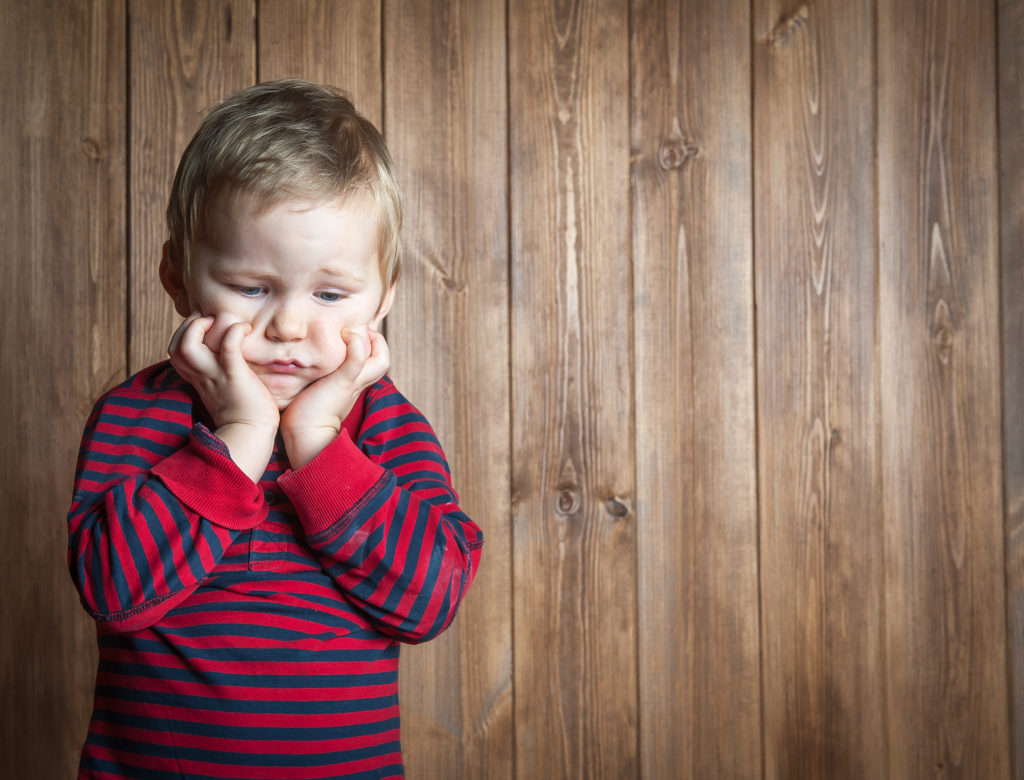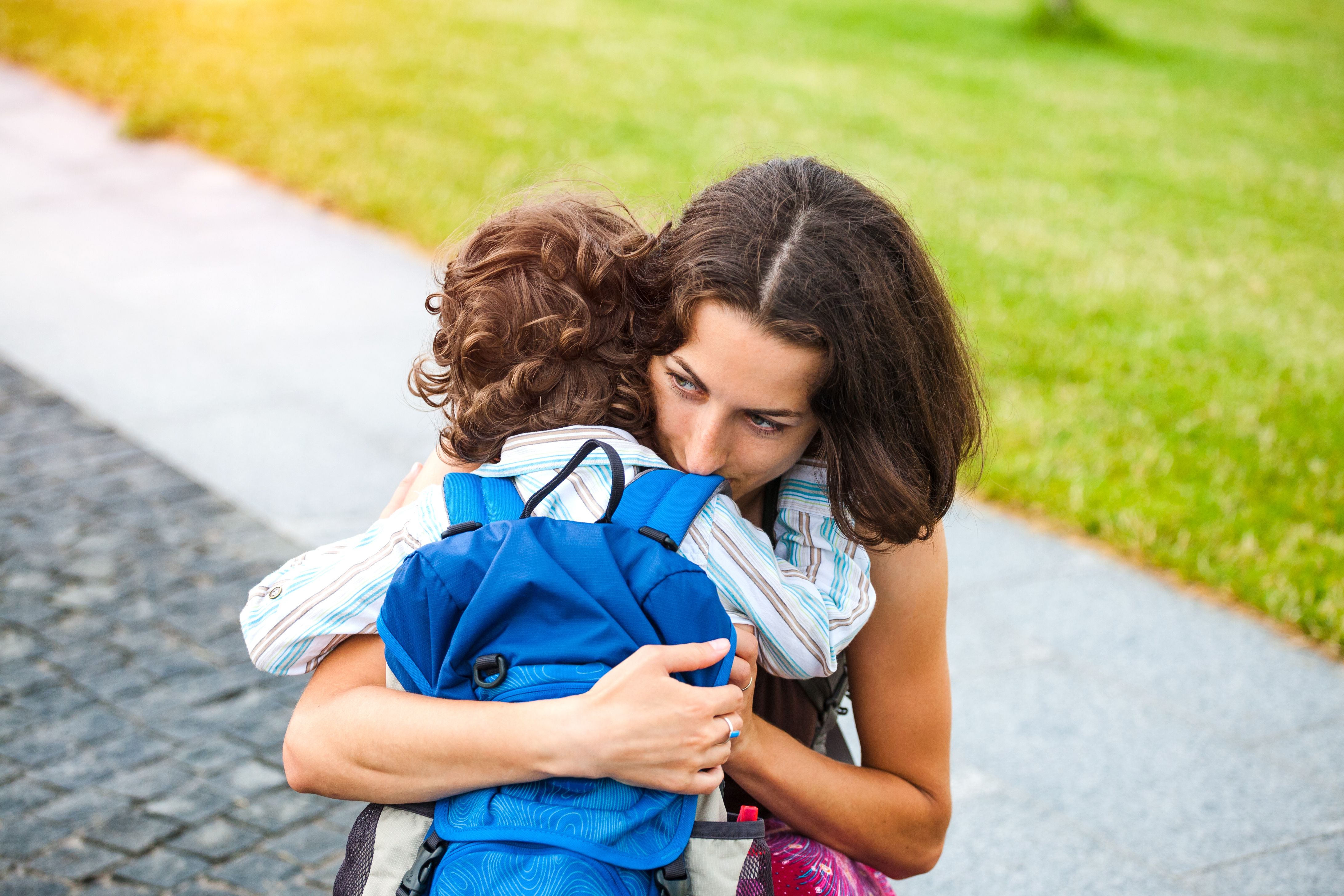
One of the most common, and usually overlooked, problems that parents face with their children, is that of separation anxiety. Most people assume that it’s completely normal for their child to experience significant levels of discomfort when it comes to situations such as daycare drop off.
In reality, the typical behaviours that you might see from your child when separating from them, even for short stints of time, are commonly referred to as separation protest.
Separation anxiety can become apparent in a child from as early as 8 months old. Typically reaching its peak around the 18 month mark. In other words, that’s quite a significant period of time for a child to be dealing with the associated emotions that come with being apart from their loved one(s).
Despite dissipating throughout the latter stages of childhood, separation anxiety can have an after-effect if not identified and worked through alongside your child. The timing of separation anxiety can vary greatly and is largely circumstantial. Children may go through this phase between 1-2 years of age, whilst others may experience it earlier or later on. Some children never experience separation anxiety at all.
Unfortunately, there is the small portion who may carry over some of these anxieties later on in life and find that their trigger points may be long periods of separation from a loved one, finding themselves in a new and unfamiliar environment, having a new sibling or moving into a new home.
It is worth mentioning that most of the anxieties that children feel throughout this process are typically quite normal.

Anxiety of your own
You might feel a variety of different emotions towards the process of separation anxiety. Some of which may be conflicting in themselves. Whilst it can be a nice feeling knowing that your child is deeply attached to you, the same way that you likely are to them, you may also be feeling guilty for taking the time to go about your day to day responsibilities or just taking time to recharge your own batteries.
It is by no means uncommon to hear from parents, new parents especially, who become overwhelmed by the sheer amount of attention that a child requires and desires from them.
Despite the negative stigma surrounding these initial feelings, it’s healthy for a child to have a reasonable degree of unwillingness to be a part from you, as it signifies that they have developed a healthy attachment to you. In time, your child will likely begin to understand that you will always return after you have left them and that there will be comfort in your temporary absence.
Separation is critical to a child’s development as it teaches them coping skills and independence. Not separating from your child is in fact detrimental to their growth.
This isn’t goodbye
You may find that you or your child are really struggling through this difficult period. If so, try implementing some of the tips below:
- Timing. If at all possible, try not to leave your child in a state where they are tired, restless or hungry – this can vastly contribute to their anxiety. Ensure your child is in a relatively comfortable state prior to drop off times. This may mean scheduling nap time and meal time accordingly.
- Practice. In order to help your child ease into the process, practice separation with them on a smaller scale. This also applies for introducing new caregivers in small dosages. If your child is transitioning into daycare for the first time, it’s wise to bring them along to a tour. As well as to orientation day and a meet and greet with their new teacher. This will avoid a double dose of anxiety. Which can derive from both separation from you and being placed into a new environment.
- Consistency. Having a routine is always going to be beneficial to a child. This extends far beyond drop off and pick up times, it also includes having a goodbye ritual which will give your child some much needed soothing comfort at the critical time. Providing plenty of reassurance that you will return, alongside a display of affection can go a long way when it comes to alleviating some of the anxiety they may be experiencing.
- Follow Through. One of the worst things a parent can do is state that they are leaving, only to return shortly after. Remind yourself that this is indeed healthy for your child, their development and their growth. By the same token, follow through on your promises to return at particular times. This is crucial for your child to develop confidence and trust. Knowing that you will return when you say you will.

“I’ll be back!”
In most cases, it’s fair to assume that this phase will eventually dissipate with time and with age. In cases where your child has never had anyone care for them other than you, it may tend to linger. With the right amount of support and care, the anxiety will likely subside.
Be mindful of trusting your child’s intuition however. If they seem to be extremely uncomfortable in a particular setting, try doing more digging into the reasons as to why. There may or may not be an issue with that particular environment, causing them discomfort.
In more extreme cases, it’s advisable to speak to your health care professional. Especially if your child is displaying these signs:
- Panic attacks or panic like symptoms such as nausea, vomiting, rapid breathing or shortness of breath.
- Nightmares, daydreams or hallucinations about separation.
- Severe degree of fear over sleeping alone.
- Excessive reference towards being lost of kidnapped
For most children, separation anxiety and being apart from their loved ones will eventually subside with time. Likewise, with the anxiety you may be experiencing yourself.
For more practical tips on parenting, check out our extensive blog section here: https://tobeme.com.au/blog/
Comments are closed.






